We live in a “copy and paste” universe. We expect things to be easy.
Need to get somewhere?: use the Sat Nav, ask Alexa or check Google
Buying stuff online?: Sure, next day delivery no problem.
Contact a friend?: Message them on Facebook or text. Simple.
We seem to always be looking for the “easy way”. People adopt this attitude to many things in life, even some of the most important things. It’s easy to come up with some lame excuse for not doing something than it is to actually “do the thing” as doing the thing takes time and upsets a person’s normality.

Many of us seem to live for this repetitive normality as it’s easier than facing the harsh realities of life. Things don’t get better until you get better. If life is treating you well, you are doing something right. But for those who’s lives really suck, here could be some reasons why.
The Psychology of The Excuse
People often make excuses and convince themselves that they can’t do something for a variety of reasons, many of which are rooted in psychological and emotional factors. Here are some common reasons:
- Fear of Failure: The fear of not succeeding can make people avoid trying altogether. They might convince themselves that it’s better to not try than to risk failing and feeling disappointed or embarrassed.
- Fear of Success: While it may seem counterintuitive, some people fear the changes and responsibilities that come with success. They may worry about higher expectations or losing their current comfort. Unfortunately, the constant search for comfort can in some circumstances end up producing the entire opposite.
- Lack of Confidence: Low self-esteem or lack of belief in one’s abilities can lead people to assume they are incapable, even when they haven’t attempted the task. This self-doubt creates excuses to protect their fragile self-image.
- Procrastination: Putting things off is a common habit. People create excuses to delay action, often because they feel overwhelmed, lack motivation, or are unsure where to start.
- Comfort Zone: Many people are resistant to change or stepping out of their comfort zone. They make excuses to avoid discomfort, even when it could lead to growth.
- Perfectionism: The desire for things to be perfect can paralyze people. They may avoid starting something if they don’t think they can do it perfectly, leading to excuses about why it’s not the right time or why they aren’t ready.
- External Blame: It’s easier to blame external circumstances, like time, resources, or other people, than to take personal responsibility for not taking action. This deflects responsibility and prevents self-accountability.
- Fear of Judgment: Worrying about what others will think can hold people back. They may make excuses to avoid exposing themselves to potential criticism or ridicule.
- Overwhelm and Anxiety: When a task seems too big or complex, people can feel overwhelmed. This anxiety often leads to avoidance through excuses as a way to cope with the stress.
- Lack of Clarity or Direction: If people don’t have a clear plan or don’t know how to approach something, they may use that uncertainty as an excuse to avoid taking action.
No one is perfect and you don’t have to be.
Most of the problems in the world are the result of people, sometimes people in high places not making the decisions that they should. Making decisions is a far better habit to develop than sitting on the fence, once you make decisions, you get better at making more. This way, you are replacing the excuse program in your mind with one of acting and making decisions.
Good decision makers are in high demand.
Ultimately, excuses serve as a form of self-protection against discomfort, vulnerability, and fear. They provide a temporary escape from facing challenges, but in the long term, they can prevent people from realizing their full potential.
Rise up and breakaway from the crowd. Next time you catch yourself procrastinating, ask yourself why. Think of how your life would change if it went your way. What would it cost you if it went against you?. Get better at making better decisions by making more.
Have a great day..
Keith

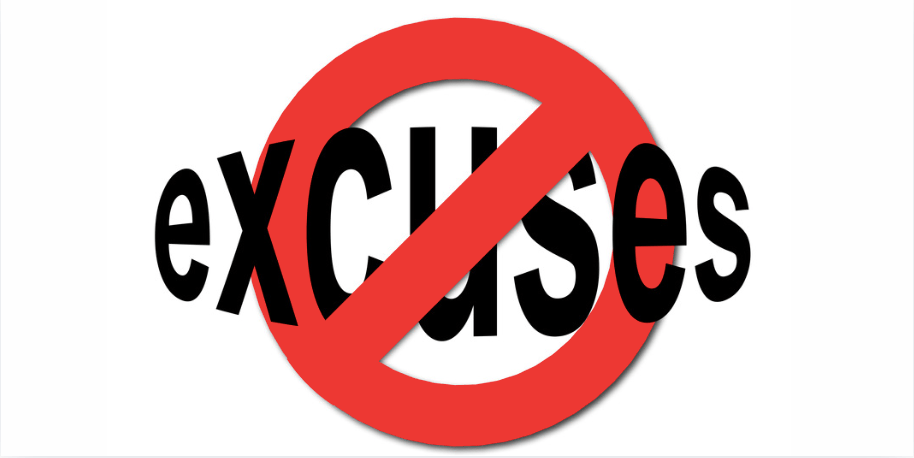


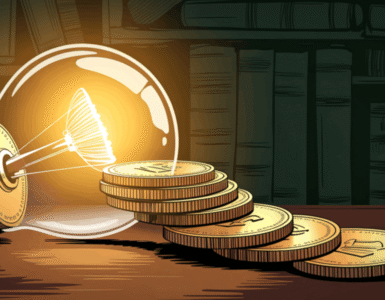



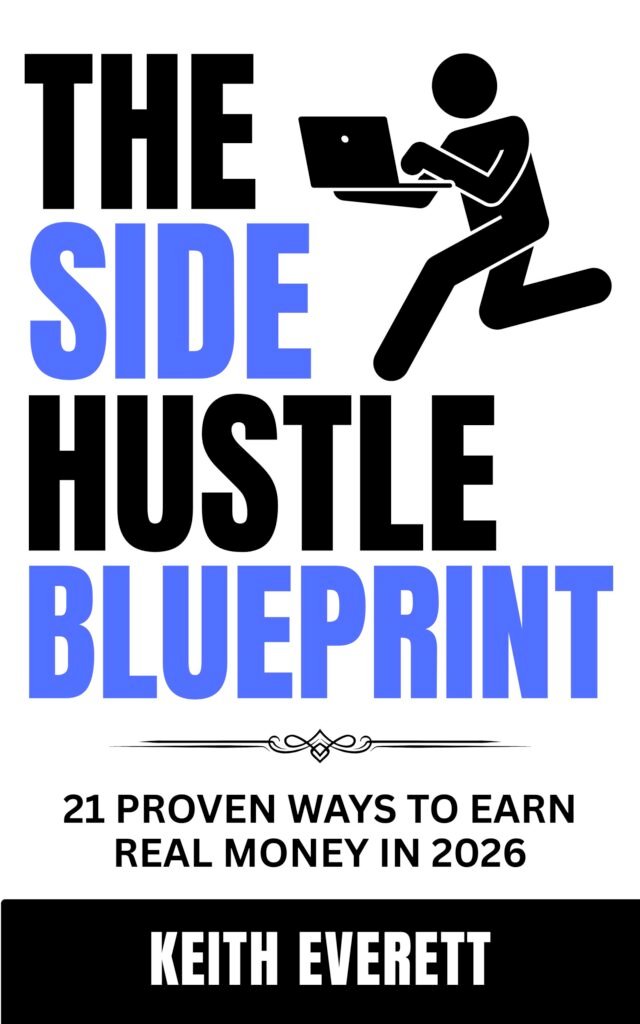
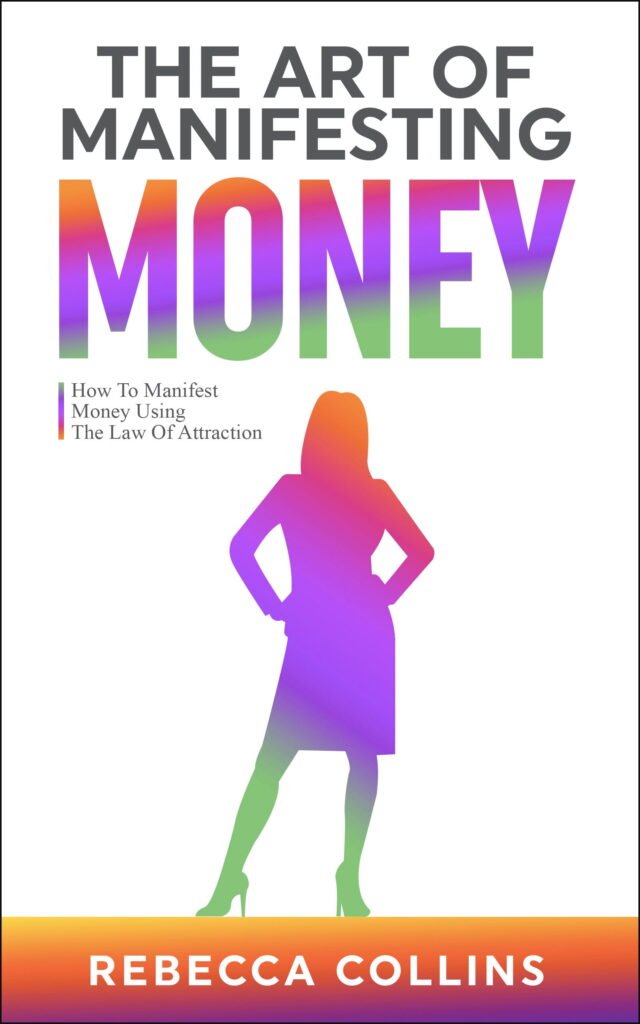
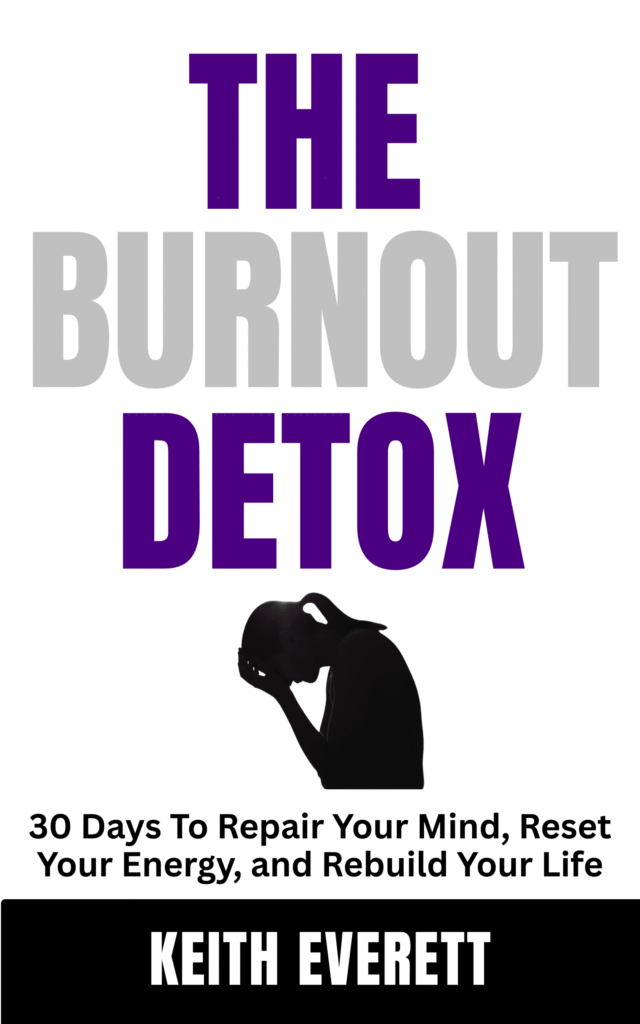
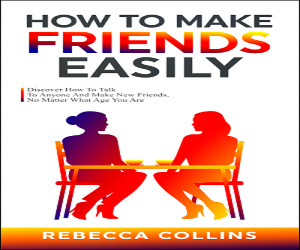



















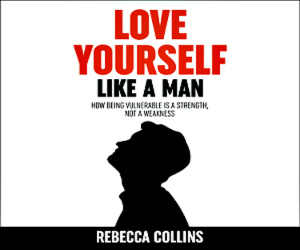
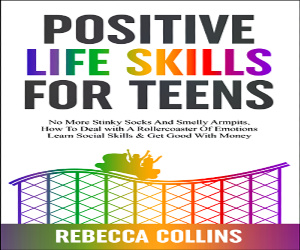






























Add comment